Where Innovation Meets Impact
A Dynamic Partnership
About LLNL
Established in 1952, the Lawrence Livermore National Laboratory (LLNL) applies science and technology to make the world a safer place. As a national security laboratory, LLNL’s defining responsibility is ensuring the safety, security and reliability of the nation’s nuclear deterrent. The Laboratory’s science and engineering expertise, leading edge experimental capabilities, and world-class research are achieving breakthroughs to address some of society’s greatest challenges.
Philanthropy Supports Science Solutions
With more than 2,000 PhD’s concentrated in one square mile,
LLNL scientists and engineers are changing the world, daily.
Take a Virtual Tour of LLNL
70 Years of LLNL History
Making the Impossible Possible
News Featuring LLNL & LLF
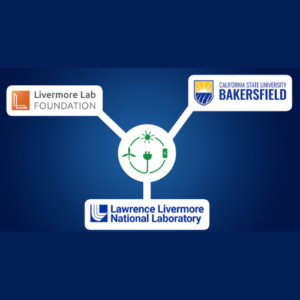
LLF, LLNL, & CSUB Working to Advance Clean Energy
In September 2023, LLF, LLNL, and California State University Bakersfield (CSUB) signed a MOU agreement to collaborate on advanced and clean-energy technologies, research opportunities and community partnerships that have the potential to shape the future of energy in the state and bring high-quality jobs to the region.

LLF & LLNL Awarded UC Climate Grant
Supported by a ~$1M grant from the University of California (UC), LLF is working with LLNL to scale up climate technology solutions and promote research, education, and entrepreneurship around the new carbon economy by investing in student fellows and innovative research teams.
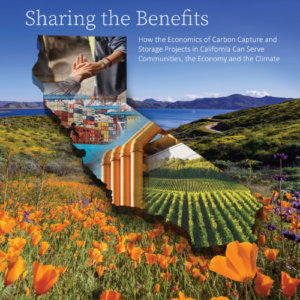
LLF Funds New LLNL Climate Report
LLF is proud to support the new climate report ‘Sharing the Benefits’.
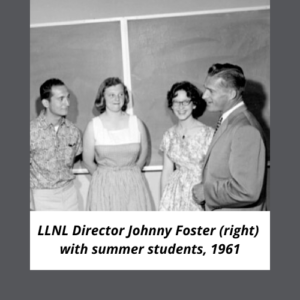
John S. Foster Jr. Undergraduate Fellowship
This month, LLF established the John S. Foster Undergraduate Fellowship to honor former Lab Director Dr. Johnny Foster, the fourth Director at LLNL.
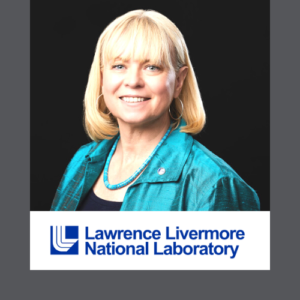
Carolyn Zerkle Appointed to LLF’s Board of Directors
LLNL selected Carolyn Zerkle, Deputy Director and Vice President of LLNS, to serve on the Foundation’s board of directors.
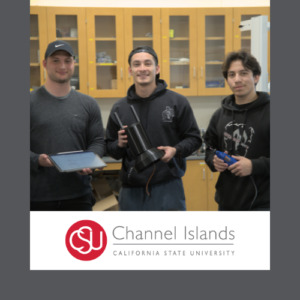
STEM Funds Make a Difference
In December 2022, LLF awarded $5,000 to California State University Channel Islands (CSUCI) Mechatronics Engineering students to support their spring 2023 senior capstone projects. READ MORE>>

